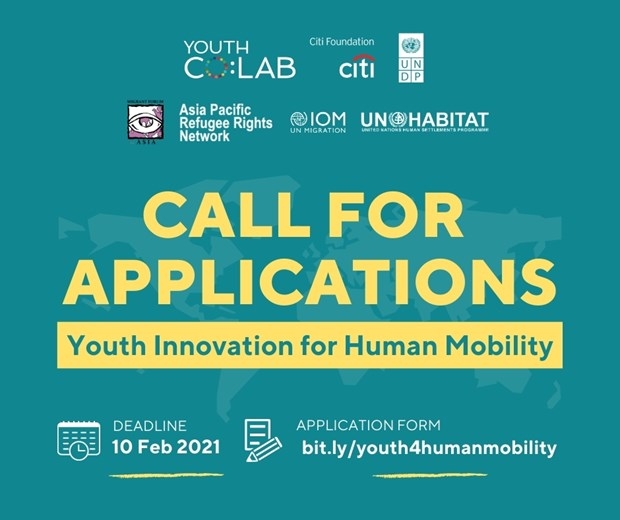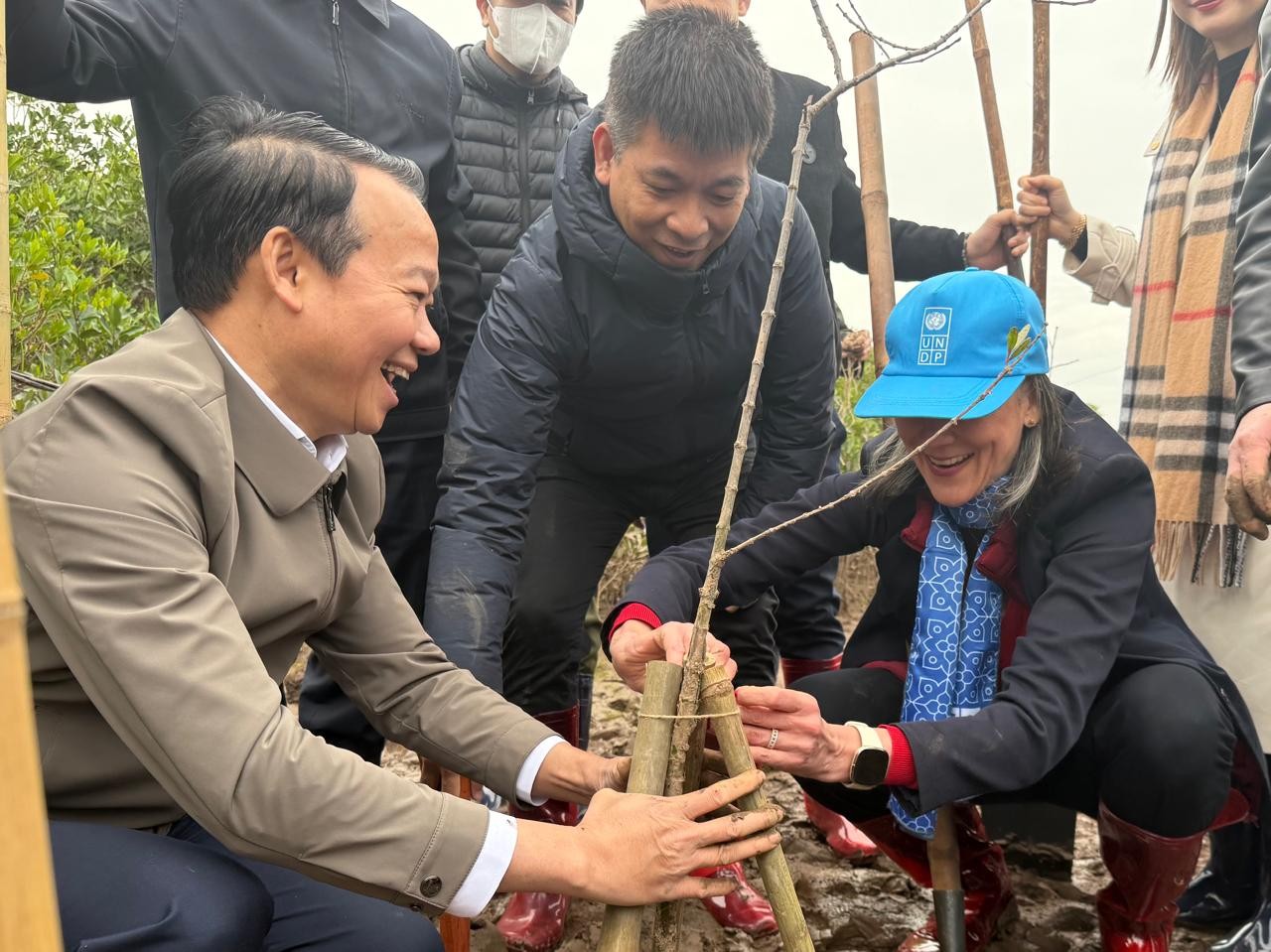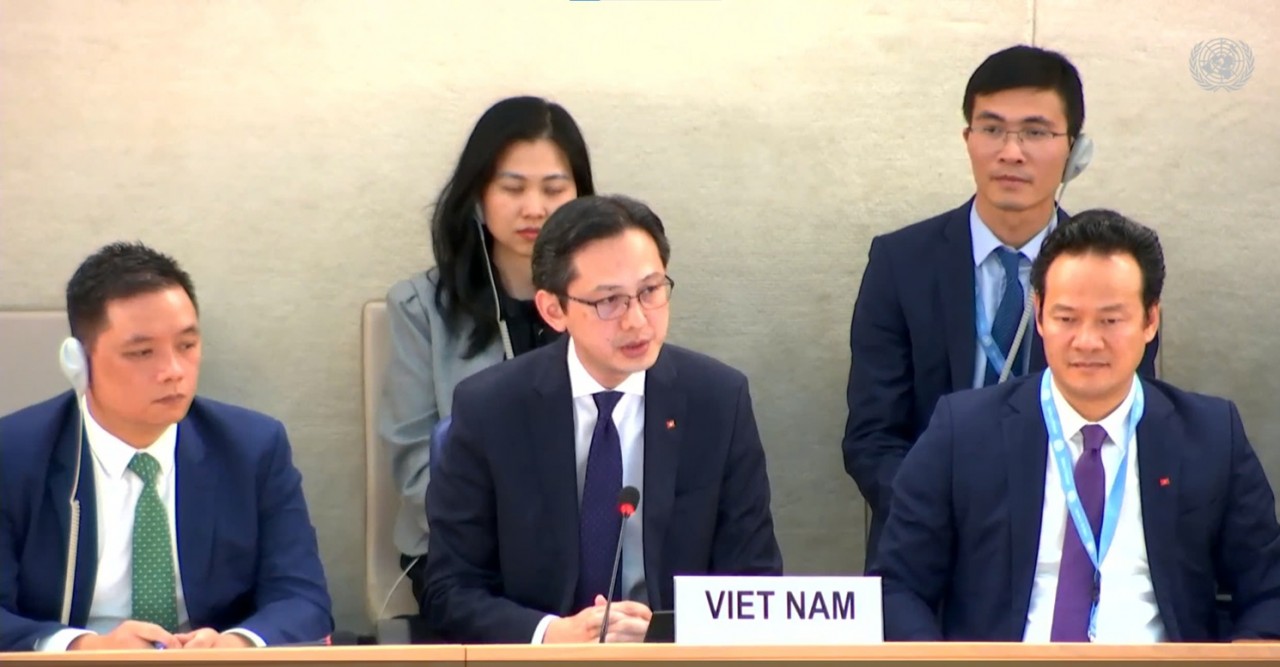UNDP Recommends Policies for Vietnam Automotive Industry
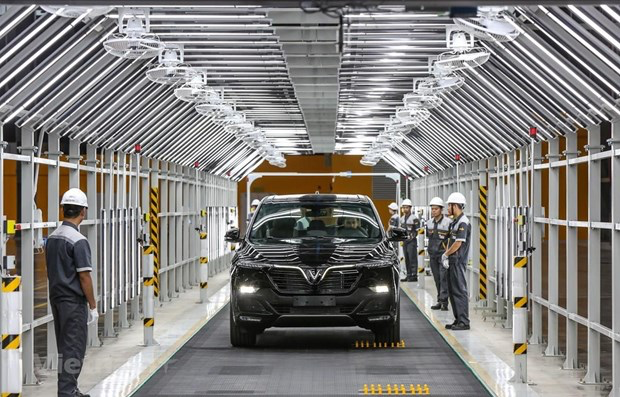 |
| Domestically assembled cars. Photo: VNP |
UNDP has been conducting research to support the development of supply chains of a number of sectors in the context of the Covid-19 pandemic, including the automotive - electric vehicle industry.
According to the research team, Vietnam's automotive industry is still limited with inherent problems such as economy of scale, as well as being less competitve in terms of assembly costs because of the logistics costs of importing parts.
Although the Covid-19 pandemic has not directly impacted the Vietnamese automotive industry, it has contributed to promoting two global trends that indirectly affect the industry: increased zero-emission vehicles and the shift of the global supply chain of multinational companies in the industry.
The pandemic has also brought many opportunities for the automotive industry. In particular, the rapidly emerging trend of electric vehicles in recent years has created an opportunity for Vietnam to strengthen its position in the global automotive value chain by attracting investment from multinationals and participation of domestic enterprises in the electric vehicle ecosystem.
The UNDP team recommends that the automotive industry focus on the transition to electric vehicles in the medium and long term.
The team proposed developing a national roadmap for electric vehicle deployment and application with a balance between supply and demand. The roadmap identifies incentives to encourage domestic enterprises to participate in the global electric vehicle supply chain in which Vietnam has potential. The main goal of the roadmap is to replace imports, even to engage in export activities.
 |
| Photo: VNN |
Vietnam identified components in the global electric vehicle supply chain that domestic enterprises can enter to attract foreign investment (FDI) for small and medium enterprises. At the same time, UNDP proposed identifying priority geographic areas and key policies for the rollout of EVs.
In addition, Vietnam needs plan and encourage the use of electric vehicles through the development of specialized emission standards, with a clear roadmap for zero-emission vehicles; it also need to provide production and sales requirements to original equipment manufacturers based on product quality criteria.
The research team also proposed the development of charging infrastructure. The Ministry of Transport should conduct a comprehensive analysis of usage, vehicle density, traffic patterns and congestion.
The Ministry of Industry and Trade should develop a plan to develop charging infrastructure, determine locations to ensure that charging stations are located at convenient locations, suitable for electricity infrastructure and electricity network. Enterprises such as EVN (grid infrastructure) and Petrolimex (gas station network) play an important role in this.
In addition to attracting investment and establishing widspread partnerships, the team also suggested the participation and leadership of large Vietnamese enterprises in fields such as OEM, electricity, oil and gas for the electric vehicle ecosystem.
 | UNDP Vietnam supports more than 1,500 RT PCR kits for urgent testing in outbreak hotspots The UN Development Programme (UNDP) in Vietnam provided more than 1,500 RT PCR test kits for Viet Nam’s Ministry of Health (MOH) to support urgent ... |
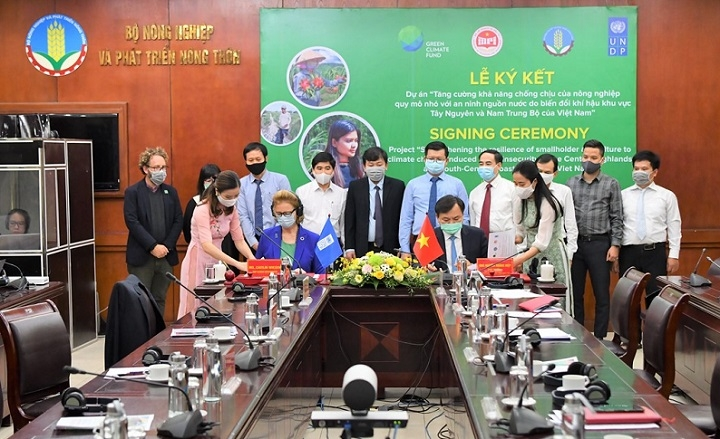 | Green Climate Fund offers US$30.2 million to strengthen Vietnam’s climate change resilience The Green Climate Fund (GCF) – the world’s largest climate fund - has provided US$30.2 million as non-refundable aid to help Vietnam enhance its climate ... |
 | Caitlin Wiesen - The Resident Representative of the United Nations Development Program (UNDP) in Vietnam writes this article herself dedicating to the Vietnam Times. |



